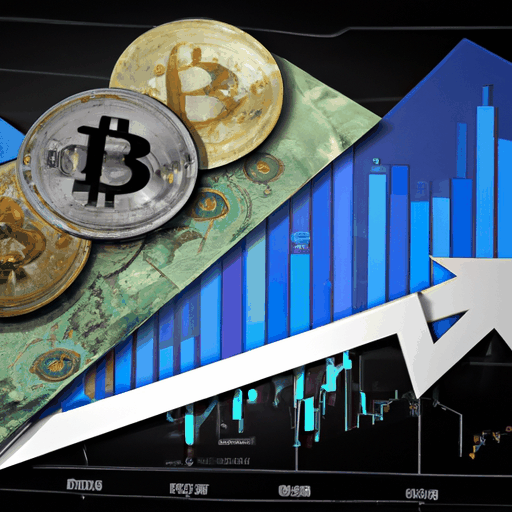
Robert Kiyosaki Criticizes ETFs for Bitcoin, Gold, and Silver
By: Eliza Bennet
Renowned investor and author Robert Kiyosaki has expressed strong criticism of exchange-traded funds (ETFs) that encompass assets like Bitcoin, gold, and silver, emphasizing that these financial instruments are just 'paper versions' of the real assets. Kiyosaki, best known for his book "Rich Dad Poor Dad," cautions investors against relying on ETFs, likening them to mere pictures of valuable commodities, which could be ineffective in times of financial crises.
Kiyosaki's concerns stem from the fact that ETFs offer accessibility to Bitcoin, gold, and silver without granting physical ownership of these assets. He asserts that this absence of personal possession could become particularly problematic during economic downturns, as paper claims might become worthless if the issuing entities fail to maintain adequate reserves. Additionally, a loss of confidence could potentially lead to a run on ETFs or banks lacking enough liquidity, jeopardizing their stability.
Despite Robert Kiyosaki’s stance, experts in the ETF sector, such as Bloomberg’s senior analyst Eric Balchunas, argue that such fears are not grounded in reality. Balchunas emphasizes that ETFs operate under stringent regulations, ensuring a one-for-one backing of Bitcoin holdings. He believes ETFs provide a safer alternative for investors who may not be equipped to handle the risks of self-custody. Furthermore, Balchunas notes that physical gold and silver involve storage and security costs which might be prohibitive for many investors, making ETFs a more feasible option.
The discourse between Kiyosaki and ETF proponents underscores the ongoing tension between advocates of decentralized financial assets and the existing financial infrastructure. While the introduction of products like spot Bitcoin ETFs has facilitated greater mainstream participation in cryptocurrency markets, skeptics like Kiyosaki remain steadfast in their belief that physical ownership of assets is irreplaceable, particularly in times of financial instability.



